Imlunestrant proves effective against hormone receptor-positive, HER2-negative advanced breast cancer | SABCS 2024
New hormonal therapy emerges as potential treatment for advanced breast cancer
- 12/12/24
The new hormonal therapy imlunestrant outperformed the standard treatment when used alone in people with hormone receptor-positive, HER2-negative advanced breast cancer with an ESR1 mutation.
When given with the targeted therapy abemaciclib (Verzenio), the new drug was effective regardless of ESR1 status. These clinical trial results were presented at the 2024 San Antonio Breast Cancer Symposium on December 11. The full report was published in the New England Journal of Medicine.
On this page
Background
Hormone receptor-positive, HER2-negative breast cancer is the most common breast cancer subtype. To treat it, doctors recommend hormonal therapies, often along with targeted therapies called CDK 4/6 inhibitors.
Hormonal therapies take different forms, including:
- Aromatase inhibitors
- Selective estrogen receptor modulators (SERMs)
- Selective estrogen receptor degraders (SERDs)
They work in different ways, but the overall goal is similar: to block estrogen’s activity or lower estrogen levels in the body.
Estrogen receptor 1 (ESR1) is a gene that can develop mutations that make it less responsive to hormonal therapy. For some people, ESR1 mutations can develop in cancer cells after being on aromatase inhibitor treatment for some time. Breast cancers that test positive for ESR1 are harder to treat. Testing can confirm the presence of ESR1 mutations.
Imlunestrant is a new SERD hormonal therapy. SERDs break down estrogen receptors on breast cancer cells so estrogen can’t attach to them to help the cancer grow.
Right now, there are two SERDs approved to treat advanced, hormone receptor-positive breast cancer: fulvestrant and elacestrant.
- Taken in pill form, elacestrant is only approved for use in breast cancer that has ESR1 mutations.
- Taken as an injection in the doctor’s office, fulvestrant can be used regardless of ESR1 status but is less effective in breast cancers with ESR1 mutations. Going to the doctor’s office for regular injections can be painful and inconvenient for some people.
Abemaciclib is a type of targeted therapy known as a CDK 4/6 inhibitor. It is used with hormonal therapy.
Results
In the EMBER-3 phase III trial, imlunestrant was more effective than the standard treatment when given alone in people with hormone receptor-positive, HER2-negative advanced breast cancer that had ESR1 mutations. When given with abemaciclib, imlunestrant showed benefit regardless of ESR1 status.
The trial looked at progression-free survival, the time without cancer growth or spread. The trial included 874 male and pre- and postmenopausal female participants. All had been previously treated for advanced breast cancer with an aromatase inhibitor and most with a CDK 4/6 inhibitor.
Participants, whose average age was 62, were tested for ESR1 mutations and PI3K pathway mutations—common biomarkers used to determine the best strategy for treating breast cancer. The trial assigned participants to one of three groups. They either took:
- Imlunestrant alone
- Standard of care fulvestrant or exemestane
- Imlunestrant and abemaciclib
The results were:
- Among people with breast cancer ESR1 mutations, imlunestrant alone reduced the risk of disease progression or death by 38% compared to the standard treatment (5.5 months vs. 3.8 months).
- The results were stronger with the addition of abemaciclib. The combination of imlunestrant and abemaciclib resulted in a 43% reduction in risk of progression or death over imlunestrant alone (9.4 months vs. 5.5 months).
Imlunestrant with or without abemaciclib was generally well tolerated by people in the study. Diarrhea was the most common side effect in people taking imlunestrant and abemaciclib.
The results also suggested that imlunestrant may slow progression of central nervous system metastases. This result was presented as a trend. It was not statistically significant because the sample of people with central nervous system metastases in the sample was too small and not all patients underwent imaging tests.
What does this mean for you?
If you have hormone receptor-positive, HER2-negative advanced breast cancer, you may soon have a new treatment option. Imlunestrant does not yet have FDA approval, but the strength of these findings suggest that it is on course to be approved soon.
Many treatments are available for hormone receptor-positive, HER2-negative advanced breast cancer. Talk with your doctor about your options. Imlunestrant appears to have advantages over fulvestrant. Notably, it is given in pill form, eliminating painful injections and clinic visits.
This study established imlunestrant’s benefit as a second therapy. If you have recently been diagnosed with advanced breast cancer, you will likely try another treatment before imlunestrant.
These results also show the potential of imlunestrant to be effective against central nervous system metastases—something that will hopefully be explored in future studies.
Our SABCS coverage
- A new era in dosing: Dose optimization
- Improving quality of life: Sex, drugs, diet, and physical activity
- Imlunestrant proves effective against hormone receptor-positive, HER2-negative advanced breast cancer
- Active monitoring: A safe option for DCIS?
- Addition of palbociclib improves outcomes in HER2-positive, hormone receptor-positive metastatic breast cancer
- Promising ctDNA study ends early due to low enrollment
- Radiation may be a better option than hormonal therapy for older adults with early-stage breast cancer
Watch our recap!
Neil Vasan, MD, PhD, shares the latest in medical breast cancer research at the 2024 San Antonio Breast Cancer Symposium and how this news may impact you, in conversation with Jean Sachs, MSS, MLSP, CEO of Living Beyond Breast Cancer.
Watch nowStay connected
Sign up to receive emotional support, medical insight, personal stories, and more, delivered to your inbox weekly.
